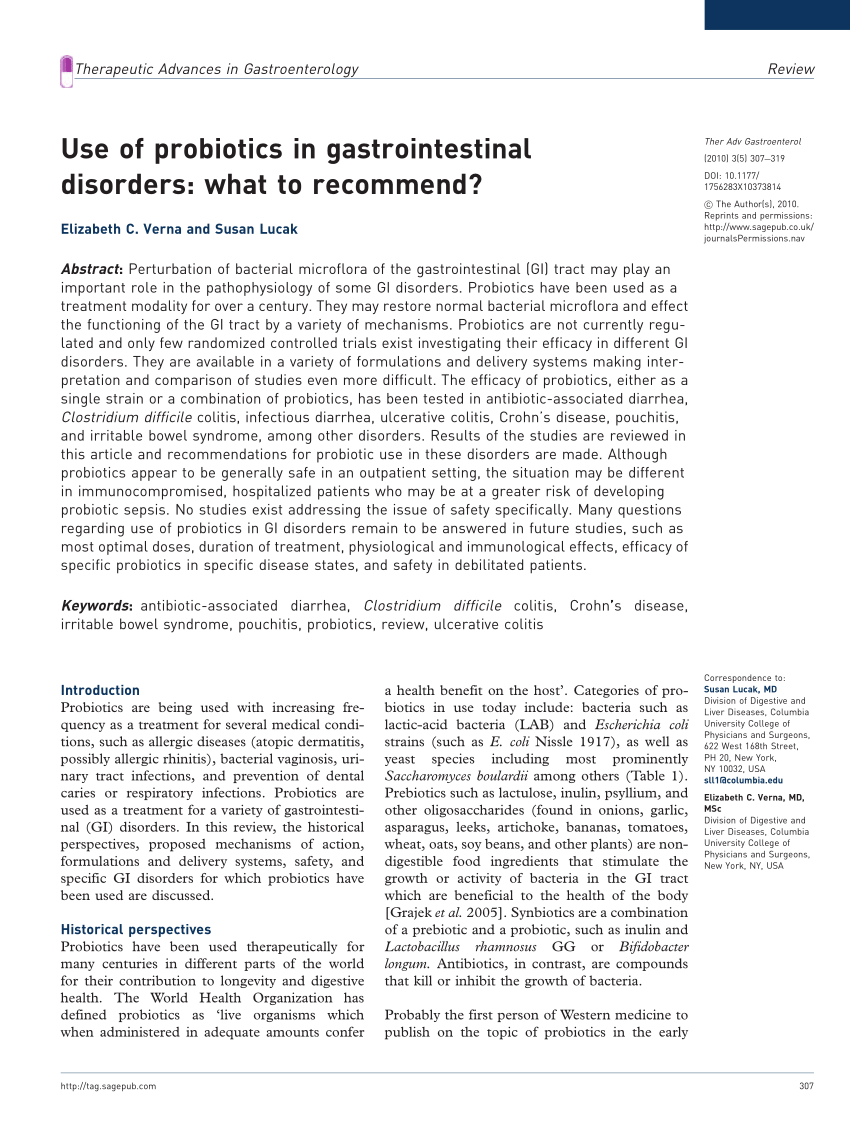For those of us using probiotics I found a good reference. I reproduce table 2 which evaluates many of the commercially available products

A Gastroenterologist’s Guide to Probiotics
The enteric microbiota contributes to gastrointestinal health and its disruption has been associated with many disease states. Some patients consume probiotic products in attempts to manipulate the intestinal microbiota for health benefit. It is important ...
 www.ncbi.nlm.nih.gov
www.ncbi.nlm.nih.gov
Table 2
Common probiotic products specifically tested for gastrointestinal disorders
���������������������������
| Brand Name (Company) | Bacterial Species | Clinical Condition | Effectiveness15,16 | Practice Guidelines17–19 | Bacteria Count/Dosing | Cost/Quantity |
| Activia (Dannon, White Plains, NY) | B. lactis DN-173 010, (plus yogurt starters L. bulgaricus, L. lactis and Streptococcus thermophilus) | IBS | C | 1b** | 4 oz/cup, 1–4 QD | $10–18/24 count |
| Align (Proctor & Gamble, Cincinnati, OH) | Bifidobacterium infantis 35624 | IBS | B | 1b** | 1 billion/1 QD | $29.99/28 count |
| BioGaia (Everidis Health Sciences, Saint Louis, MO) | L. reuteri protectis SD2112 (ATCC 55730 or DSM 17928) | Infectious Diarrhea Treatment | A | 1a* | 100 million QD | $29.99 |
| IBS | C | 1b* | ||||
| Bio-K+ (Bio-K plus International inc., Laval, QC, Canada) | L. acidophilus CL1285 and L. casei LBC80R | AAD Prevention | NS | 1b** | 50 billion/capsule | $29.99/15 count |
| CDAD Prevention | 1b** | BID | ||||
| Culturelle (Valio, Helsinki, Finland/Amerifit Brands, Inc., Cromwell, CT) | L. rhamnosus GG (LGG) (LGG also included in Danimals yogurt, Dannon) | AAD Prevention | A | AAP, 1b,1b* | 10 billion/1 QD | $18–25/30 count |
| Infectious Diarrhea Treatment | A | AAP, 1a, 2b* | ||||
| Infectious Diarrhea Prevention | B | 1b, 1b* | ||||
| CDAD Prevention | B/C | |||||
| CDAD Prevention of Recurrence | B/C | |||||
| Crohn’s Disease | C | |||||
| IBS | B/C (children) | 1a,1b*+ | ||||
| Danactive (Dannon. White Plains, NY) | Lactobacillus casei DN-114001 | AAD Prevention | A | 1b** | 3.1 oz/cup | $5.00/8 count |
| Infectious Diarrhea Prevention | 1b* | 10 billion/cup | ||||
| CDAD Prevention | 1b** | |||||
| Florastor (Biocodex, Inc., Creswell, OR) | Saccharomyces Boulardii | AAD Prevention | A | AAP, 1a, 1b* | 250 mg/1 BID | $19.99/20 count |
| Infectious Diarrhea Treatment | A | 1a,1b* | ||||
| Infectious Diarrhea Prevention | B | |||||
| CDAD Prevention | B/C | |||||
| CDAD Prevention of Recurrence | B/C | 1b** | ||||
| Crohns | C | |||||
| Mutaflor (Ardeypharm, Herdecke, Germany) | E.coli Nissle 1917 (ECN) | UC Induction | B | 100 mg/capsule/BID | $62–$81/60 | |
| UC Maintenance | A | 1b**, BSG “A” | Canada# | |||
| VSL*3 (Sigma-Tau Pharmaceuticals, Inc., Towson, MD) | Combination Probiotic Product (Streptococcus thermophilus, B. breve, B. longum, B infantis, L. acidophilus, L. plantarum, L. paracasei, L. delbreuckii/bulgaricus | IBS | B/C | 122.5 billion/capsule | $86/30 Sachets | |
| UC Induction | B | 1b** | 450 billion/sachet | $52/60 count | ||
| UC Maintenance | A | IBS: ½–1 sachet/day | ||||
| Pouchitis: Prevention and Maintaining Remission | A | 1b**, BSG “B” | Pouchitis: 2–4 sachets/day UC: 1–8 sachets/day |
Effectiveness based on expert panel recommendations where: A=strong, positive, well-conducted, controlled studies in the primary literature, B=some positive, controlled studies but presence of some negative studies or inadequate amount of work to establish the certainty; C=some positive studies but clearly inadequate amount of work to establish the certainty. Practice Guidelines include those of 1) World Gastroenterology Organisation’s global guidelines evidence level assignment17 based on the Centre for Evidence Based Medicine system20:
*pediatrics,
**adults,
+ as part of a multispecies probiotic product 2)American Academy of Pediatrics recommended (AAP)18 3) British Society of Gastroenterology (BSG) guidelines Grade of Evidence19 Grade A indicates consistent results among RCTs, Grade B indicates consistent cohort studies or smaller RCTs.
#E. coli Nissle is currently removed from the U.S. market respecting the FDA’s decision on the classification of the product as a “biologic” instead of its former status as a “medical food.”





